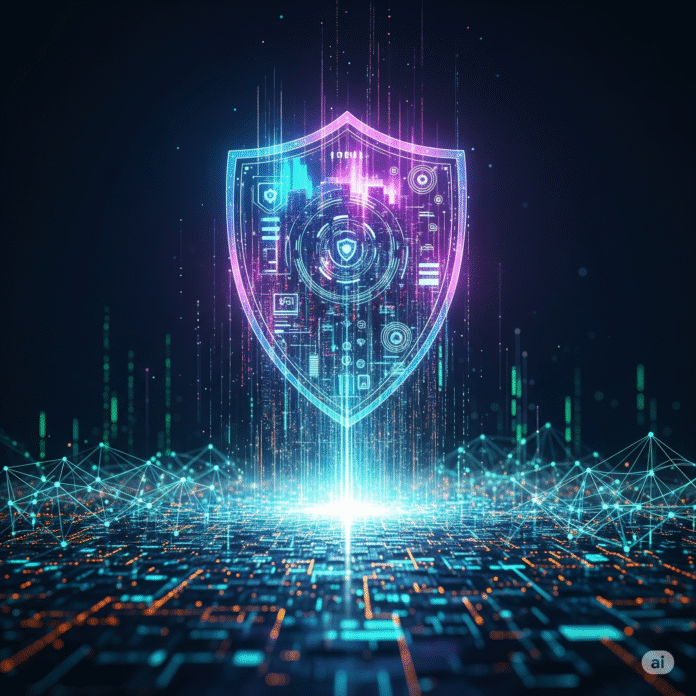The dark web doesn’t need your permission to sell your life. Imagine waking up to find
your bank account emptied, your email no longer under your control, or your identity
being used by someone you’ve never met. These aren’t just chilling stories. They are
the real consequences many people face when their personal data ends up on the dark
web.
The dark web is a hidden portion of the internet that cannot be accessed through
regular search engines or browsers. It requires special software like the Tor browser,
which anonymizes users and conceals their activities. While the dark web does offer
safe spaces for journalists, activists, and whistleblowers in oppressive regions, it is
also known as a hub for illegal activity. This includes the trade of stolen data, financial
fraud, and illicit drug sales.
So how does your information find its way to this hidden realm? The journey often
begins with a data breach. When companies or platforms are hacked, attackers steal
massive amounts of information, including email addresses, login credentials, credit
card numbers, home addresses, medical records, and sometimes even fingerprints or
face scans. Once stolen, this data is either auctioned off, sold in bulk, or leaked for free
on dark web forums. Hackers sometimes leak it as a show of power or to damage a
company’s reputation.
Once on the dark web, your information becomes a valuable asset in an underground
market. Cybercriminals purchase credit card details, login information for banking or
streaming accounts, and complete identity profiles known as Fullz, which include
names, birthdates, social security numbers, and addresses. This allows criminals to
impersonate victims, make online purchases, file fake tax returns, or apply for loans.
Medical records are another hot commodity because they can be used to make false
insurance claims or gain access to prescription drugs. Even passport scans or driver’s
licenses are sold to create forged identification documents. In many cases, data is
packaged and sold cheaply, making it easy for anyone with malicious intent to
participate.
These transactions support a thriving cybercrime ecosystem. Stolen credentials are
used to launch further phishing scams or ransomware attacks, allowing criminals to
continue harvesting data or demanding payments. One compromised email account
can open the door to an entire digital identity, and from there, a criminal can gain
access to bank accounts, social media, cloud storage, and more.
For victims, the effects of dark web exposure can be long-lasting. Identity theft can
take months to detect and even longer to recover from. People face legal issues,
financial loss, and mental stress while trying to restore their reputations and secure
their information.
Protecting yourself starts with digital awareness. Use strong and unique passwords
for every account. Turn on two-factor authentication wherever possible. Regularly
monitor your financial accounts and stay informed about data breaches using tools like
Have I Been Pwned. The dark web might seem distant, but the threat it poses is very
close. Once your information is out there, you can’t erase it. You can only act fast and
stay alert to prevent further damage.






